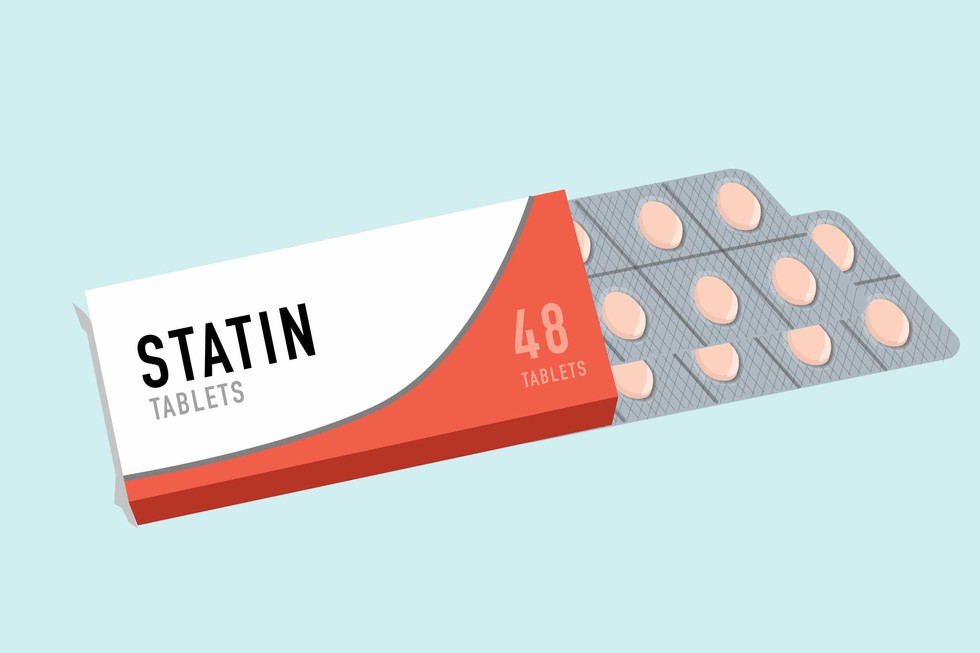Statins, essential for managing cardiovascular disease, may increase the risk of diabetes. A study from China explored the potential of UDCA in mitigating statin-induced glucose intolerance.
Statins and Glucose Intolerance
- Statins inhibit an enzyme crucial in LDL cholesterol production, but they may induce glucose intolerance.
- Despite the risk, statins remain widely prescribed due to their significant benefits.
Mechanism of Statin-Induced Glucose Intolerance
- The precise mechanism behind statin-induced glucose intolerance has been unclear.
Study Design and Findings
- Participant Recruitment: 30 individuals on atorvastatin and 10 without were recruited.
- Metabolic Tracking: Participants were monitored over four months.
- Microbiome Alteration: Atorvastatin users showed reduced Clostridium bacteria in feces and altered bile acid profiles.
- Gut Microbiome Impact: Clostridium-deficient microbiomes inhibited hydroxysteroid dehydrogenases, leading to reduced UDCA levels.
- UDCA Administration: Five statin users were given UDCA (10-13 mg/kg/day) for two months.
- Outcome: UDCA significantly decreased HbA1C levels, indicating improved glucose homeostasis without affecting lipid-lowering effects.
Conclusion and Implications
- UDCA administration could potentially counteract statin-induced glucose intolerance.
- Further randomized clinical trials are needed to validate these findings.
Multiple Choice Questions (MCQs):
- What is the primary concern associated with statin usage according to the study?
- A) Liver damage
- B) Glucose intolerance and diabetes
- C) Hypertension
- D) Kidney failure
- Answer: B) Glucose intolerance and diabetes
- Which enzyme do statins inhibit to reduce LDL cholesterol levels?
- A) Hydroxysteroid dehydrogenases
- B) Insulinase
- C) HMG-CoA reductase
- D) Amylase
- Answer: C) HMG-CoA reductase
- What was the primary finding regarding the gut microbiome in individuals taking atorvastatin?
- A) Increased abundance of Clostridium bacteria
- B) Unchanged bile acid profiles
- C) Reduced abundance of Clostridium bacteria
- D) Enhanced hydroxysteroid dehydrogenase activity
- Answer: C) Reduced abundance of Clostridium bacteria
- What was the outcome of administering UDCA to individuals on statins?
- A) Increased LDL cholesterol levels
- B) Decreased HbA1C levels
- C) Elevated Clostridium bacteria levels
- D) Unchanged glucose metabolism
- Answer: B) Decreased HbA1C levels
